The Royal Opera has opened the season with a triumph, and in one of the most difficult of operas, Bellini’s Norma. Not only is the work itself extraordinarily demanding on its three leading singers, but it is the one opera which is now so indelibly linked to one singer that all later performances are defined by whether they are in the same mould or whether they are resolutely different. One can’t envy listeners who have never heard Callas, in one or another of her many recordings of Norma, because it is so overwhelming an experience, but it would make life less disappointing than it already tends to be. I preferred not to go to Bartoli’s recent performance in Edinburgh, having heard her interpretation on CD. The young Bulgarian Sonya Yoncheva, in this new production, follows in the Callas mould, and since this is her first attempt at the role, which Lilli Lehmann famously said was more taxing than three Brünnhildes and an Isolde, the result is impressive, verging on the sensational.
On the first night her intensity in Act I was such that she didn’t manage, quite, to sustain it to the end of the opera, that ever-astonishing chain of arias and duets which culminates with her ascending the funeral pyre with her treacherous — and illicit — lover Pollione: though the fire was there cross-shaped, she was mercy-killed by Oroveso with a pistol, but since the last minute of the opera is the only perfunctory music in the whole score, perhaps that was fitting. Unlike almost all Normas, Yoncheva made a striking entry, not only dramatically but vocally, and sang ‘Casta diva’ in a trance, inducing one in the audience — it was no showpiece, but established the nature of the Druids’ devotion.
She had a fitting partner in Sonia Ganassi, already experienced as Adalgisa, a part which in its way is more tricky than Norma. Bellini doesn’t give her much music to sing alone, and she has to make an impression while being constantly in danger of upstaging Norma, with whom she has two sublime duets. Ganassi is a great artist, and it would be exciting to see the pair of them develop their roles in this opera together. The object of their love can be felt to be undeserving, and Joseph Calleja didn’t do much to counter that feeling. He is more verismo than bel canto, and does nothing one could call acting — and being dressed throughout in an office suit was no help.
The hero of the evening was Antonio Pappano in the pit, getting every ounce of colour and vitality and pathos out of this wonderfully scored work. Much to his credit, too, was his pressing ahead with the music when oafish members of the audience attempted yet another volley of ‘Bravos’ — these wretches appear to go mainly to have their own voices heard.
The production is another instantly recognisable effort of La Fura dels Baus. The permanent set is a forest of crucifixes, several hundred, creating a honeycomb effect. As with the company’s Oedipe, it is both beautiful and threatening. The only disturbing lurch is at the start of Act II, when Norma is contemplating murdering her children, and we see a cosy modern sitting room, with TV, comfy sofa and table lamp. The older child bounces round on a large balloon in time to Norma’s painful music — surely this miscalculation will be rectified. Some of Bellini’s most powerful music is here, fulfilling the composer’s demand that it should move to tears, arouse terror, inspire death.
I remained unclear to the end which religion we were being presented with, and ended with the lame view that it was syncretistic, with stress on the ubiquity of sacrifice in any religion worth the name, as if Roger Scruton had been a consultant on the production. Not that it matters a lot, the emphasis being on passion versus duty, and jealousy. Norma can haunt you for days after seeing it, and this one unquestionably will.
Malcolm Williamson’s English Eccentrics (Photo: Clive Barda)
I went last week to the British Youth Opera’s production of Malcolm Williamson’s English Eccentrics, and unlike most of the rather sparse audience, was not able to enjoy it much, mainly because it is a revue-type piece, in which I couldn’t hear most of the words so that the fun and the pathos eluded me. The sets — mainly wonderful old-style cinema curtains: nothing is more nostalgic for those of us of a certain age — created a mood and the team of singers was almost uniformly good, but the chirpy music could only be enjoyed if one heard what it was accompanying. Perhaps I have become addicted to surtitles.
Got something to add? Join the discussion and comment below.
Get 10 issues for just $10
Subscribe to The Spectator Australia today for the next 10 magazine issues, plus full online access, for just $10.

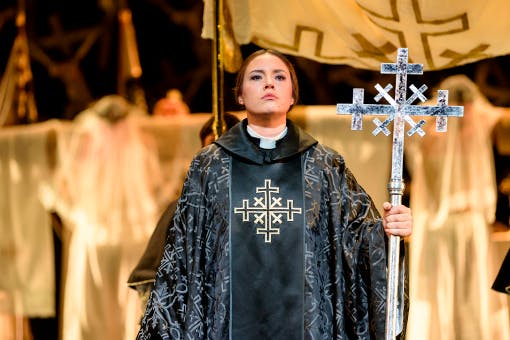
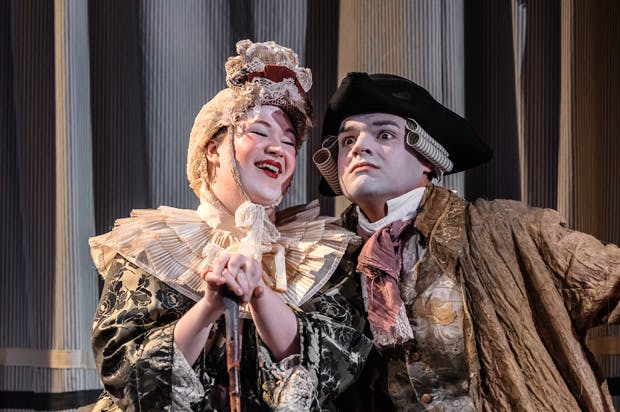
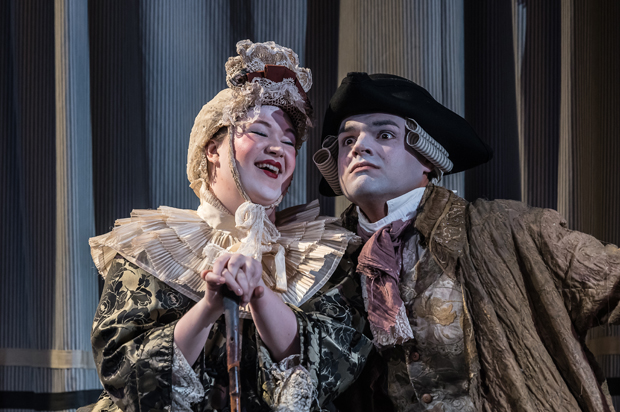
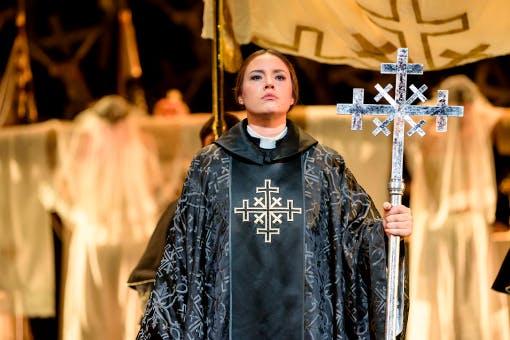

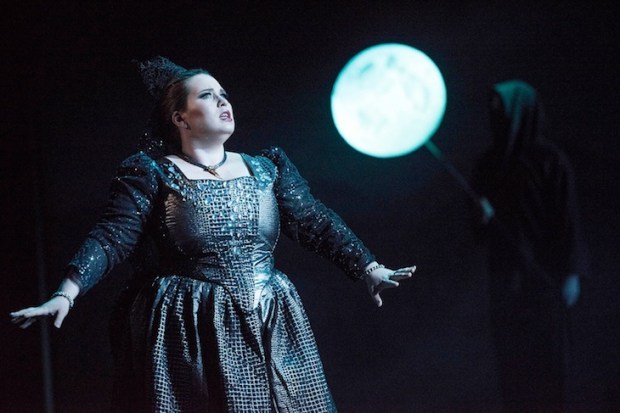
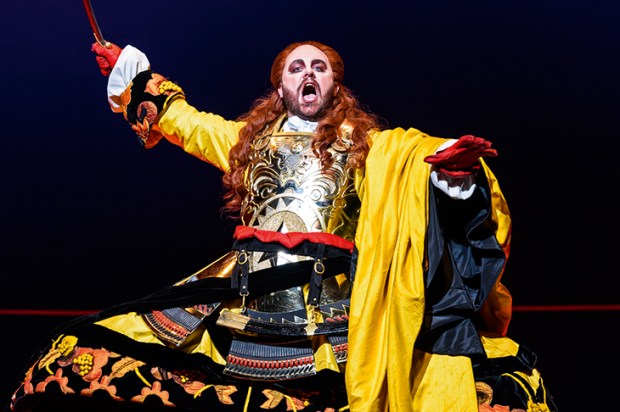
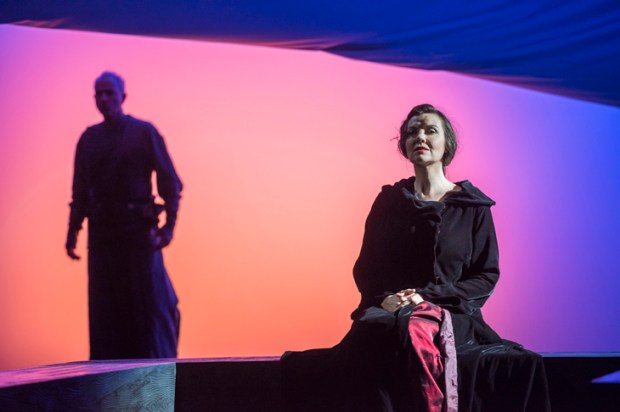






Comments
Don't miss out
Join the conversation with other Spectator Australia readers. Subscribe to leave a comment.
SUBSCRIBEAlready a subscriber? Log in